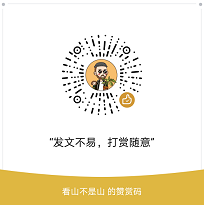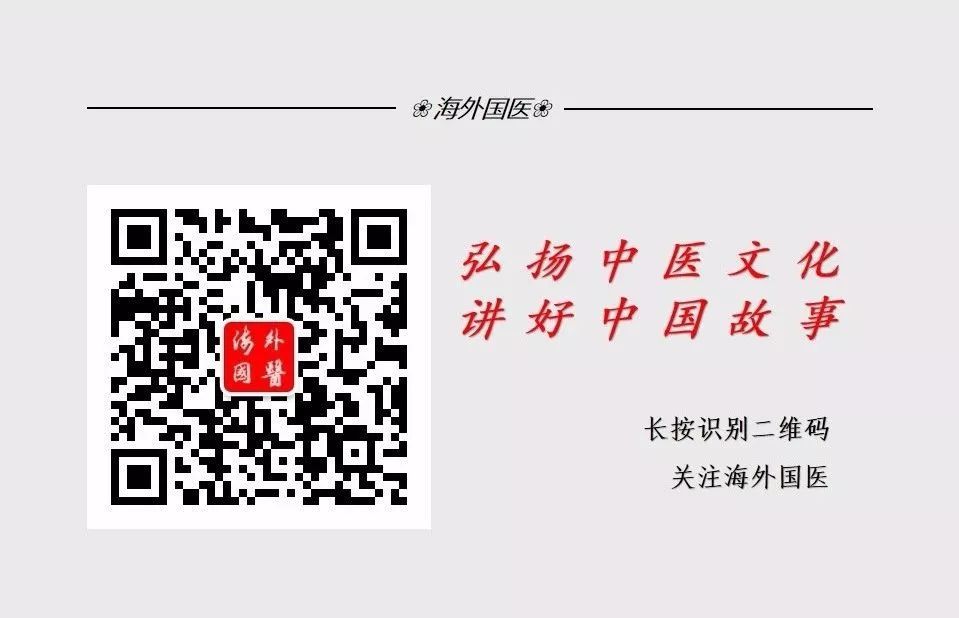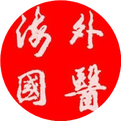Source: Jie Ge Lecture Hall
The timeless qi-boosting formula “Bu Zhong Yi Qi Decoction” (丸), originally composed of 18g Huang Qi (Astragalus), 10g Ren Shen (Ginseng), 10g Bai Zhu (White Atractylodes), 5g Zhi Gan Cao (Honey-fried Licorice), 10g Jiu Dang Gui (Wine-processed Angelica), 6g Chen Pi (Dried Tangerine Peel), 5g Sheng Ma (Cimicifuga), and 5g Chai Hu (Bupleurum), consists of eight medicinal ingredients.
However, this formula is quite small, and in clinical use, the dosage should be increased.
Yesterday, we discussed the compatibility and usage of Bu Zhong Yi Qi Wan, and today Jie Ge will talk about what conditions Bu Zhong Yi Qi Decoction can treat.
1. Organ prolapse, such as gastric prolapse and uterine prolapse. In simple terms, this is due to qi deficiency, where the muscles are weak and unable to support the organs, leading to their descent.
What does Bu Zhong Yi Qi replenish? It replenishes qi, specifically the spleen qi and middle qi. When qi is sufficient, it can naturally lift.
In TCM, the spleen governs the muscles and the middle qi. All forms of muscle prolapse, eyelid droop, breast droop, gastric prolapse, uterine prolapse, under-eye bags, and facial muscle droop are related to the insufficiency of middle qi and the spleen’s inability to govern the muscles.
2. Muscle weakness. Modern medicine considers muscle weakness to be a chronic disease caused by impaired neuromuscular transmission, which currently has no solution.
TCM believes that the spleen governs the muscles, and whether it is mild muscle weakness leading to ocular muscle weakness and eyelid droop, or severe muscle weakness, qi must be replenished, and the spleen must be treated to support the spleen and stomach.
3. Hypoglycemia and hypotension. TCM states that qi is the commander of blood; low blood sugar and low blood pressure indicate reduced pressure. Treating the blood is ineffective; instead, one should replenish qi to elevate it.
Simply taking Bu Zhong Yi Qi Wan is not enough; it should be combined with ginger and jujube, brewed as tea for consumption. Ginger is warming and dispersing, while jujube can replenish deficiency. “The spleen is the foundation of postnatal life, the source of qi and blood production,” so it is essential to mobilize the strength of the spleen and stomach.
4. Constipation and rectal prolapse. Many elderly individuals experience difficulty in bowel movements, sometimes going several days without a bowel movement, and when they do, they can sweat profusely. If one is not careful and exerts too much force, they may even prolapse their intestines. This is due to qi deficiency, which fails to promote intestinal peristalsis.
5. Hunched back and weak legs. As people age, their back and legs deteriorate. In their youth, they stood tall, but as they grow older, their vision becomes closer, and their heads lower, almost touching the ground.
It is like a car tire; over time, it loses air and cannot support the body’s weight. At this point, it needs to be inflated, to replenish qi.
6. Nosebleeds and gum bleeding. Qi can contain blood, and the spleen can regulate blood. When the spleen is deficient and middle qi is insufficient, blood will not be contained and will run amok.
However, it is important to note that this applies to individuals with physical weakness and qi deficiency. If you are robust, you should not replenish qi, as it may lead to excessive heat and nosebleeds.
7. Menorrhagia and irregular menstruation. For example, if the menstrual cycle is 28 days, it is like carrying a bucket of medicine for 28 steps, but if you lack strength and qi deficiency, you may not complete the journey and spill the water.
8. Spontaneous sweating and excessive sweating. Blood deficiency leads to no sweating, while qi deficiency leads to excessive sweating. Night sweats during sleep are called night sweats, while sweating with minimal movement is called spontaneous sweating or deficiency sweating. At this time, qi must be replenished to consolidate the exterior.
9. Dizziness and tinnitus. Qi is the commander of blood; when qi is deficient, blood supply is insufficient, leading to a lack of nourishment to the head and face, resulting in dizziness and tinnitus.
10. Oral ulcers. For oral ulcers, taking some heat-clearing medicine is sufficient. However, if oral ulcers recur frequently, it is not due to excess heat but rather deficiency heat. The spleen governs the middle burner, and the spleen opens to the mouth, which is caused by spleen and stomach deficiency.
11. Chronic fatigue syndrome. This is often referred to as “non-specific complaints”; one can fall asleep during the day and snore loudly at night, while still feeling fatigued and weak in the limbs.
As stated in the “Comprehensive Medical Compendium”: “If the spleen and stomach are deficient, the grain qi will not be sufficient, and the spleen will not be able to perceive. The spleen governs the limbs; if qi is deficient, the limbs will be weary and weak, leading to fatigue and a desire to sleep.”
12. Rhinitis, colds, and runny nose from the wind. Western medicine considers this a problem of low immunity.
In TCM, it is said, “Where evil gathers, qi must be deficient.” Bu Zhong Yi Qi Decoction replenishes middle qi. This is called, “When righteous qi is stored within, evil cannot invade.”
If you are currently experiencing a cold or have not recovered from one, you should not take it, as it would be like closing the door to keep out thieves.
13. Chronic hepatitis, sequelae, and elevated transaminases. In the later stages of chronic hepatitis, after recovery, individuals often feel fatigued and speak little. At this time, it is not about treating the liver but rather treating the spleen first.
As Zhang Zhongjing stated in the “Essentials of the Golden Chamber”: “When seeing liver disease, know that the liver transmits to the spleen; one should first strengthen the spleen.” If it is acute hepatitis with jaundice, then use Yin Chen Hao Decoction (15g Yin Chen, 9g Zhi Zi, 5g Da Huang).
14. Reducing wrinkles. The face is like a balloon; when the qi is released, it becomes wrinkled. When you fill it with qi, it becomes smooth and bright.
A few days ago, someone in the beauty industry approached me, saying they could whiten skin but had many wrinkles on their own face and sagging skin around their mouth.
Upon examination, it was clear that not only the face but also the abdomen and shoulders were sagging. I prescribed 10 doses of Bu Zhong Yi Qi Decoction, adding Gui Zhi (Cinnamon Twig), Bai Shao (White Peony), Sheng Jiang (Fresh Ginger), Sha Shen (Glehnia), and Mai Dong (Ophiopogon), to replenish both qi and yin, resulting in fewer wrinkles and a tighter face.
15. Weight loss. If it is the type of fat and oil combined, such as phlegm-dampness or damp-heat, you need to clear heat and eliminate dampness.
If it is water retention type fat, which is loose, Bu Zhong Yi Qi Decoction can also aid in weight loss.
The application of Bu Zhong Yi Qi Decoction, if categorized according to Western medical diagnoses, could encompass not just what Jie Ge mentioned today, but at least hundreds of conditions.
Warm reminder: The prescriptions mentioned in this article are for clinical reference only; non-TCM professionals should not attempt to use them without guidance.


Click “Read the original text“↙ to see more exciting content.


